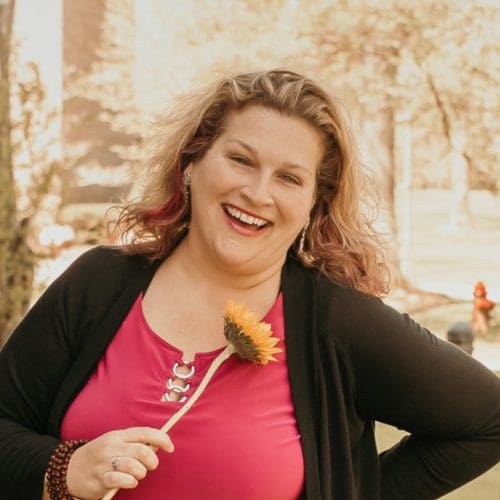
I first looked up the term “spiritual abuse” in 2003 when I was a student at the Franciscan University of Steubenville, one of the most conservative Catholic institutions in the United States. While working on my Master’s degree in Counseling, a professor allowed us to write a paper on anything relevant to human development.
Having grown up in two conservative religions, thanks to a Catholic mother and a father who converted to Evangelical Christianity when I was five, as a teenager, I suspected spiritual abuse was a real thing. So, as a grad student who had already been through the grinder of my own mental health struggles and addiction issues and trying to figure out what role formal religion played for me going forward, I looked up the term.
Although there wasn’t as much written about spiritual abuse in 2003 as there is today, a body of literature existed. Much of it was from a cultic studies lens, although another cluster came from pastors themselves, many Evangelical, calling out problems in the church.
Books like “Toxic Faith” by Steven Arterburn and Jack Felton and “The Subtle Power of Spiritual Abuse” by Jeff VanVonderen and David Johson were the first that helped me feel seen.
They also gave me information about spiritual abuse that I would later develop into a working definition I use as a clinical therapist and educator: Spiritual abuse occurs when a person or system in a position of power uses God or any other spiritual construct as a weapon to control, manipulate or demean others.
For abuse to be abuse, a power differential must exist. In the pastoral spiritual abuse literature I read in my early studies, there were clear power differentials identified as potentially problematic between faith leaders and their congregants, teachers and their disciples, and parents/guardians and their children.
Not until 2008, when I read Rev. Dr. Boyd Purcell’s “Spiritual Terrorism: Spiritual Abuse from the Womb to the Tomb,” did I truly consider the fourth and perhaps most significant power differential at play: when leaders of a nation hold religiously fueled power over their citizens. Because of Dr. Purcell’s more global focus, looking at all world religions, it became clear how nations like the Islamic Republic of Iran and other predominantly Muslim countries meet the standards of spiritual abuse of their citizens.
As Americans, it can be easy to turn our attention to Islam as the offender. When I further considered the idea that spiritual abuse can happen at the state level, it became more apparent to me how Christianity and other religions do it as well. This is especially true when the line between church and state is not well-defined.
When I made my first trip to the Middle East in 2018, my Catholic mother protested, saying, “I don’t like how they treat their women.”
“Well, mother,” I replied, “what about the way that Christians treat our women? Especially denying our rights at the state level, seemingly due to the religious indignation of our elected officials and the people putting them there?”
As I reevaluated my faith and moved away from the most conservative brands of Christianity in which I was raised, the impact of conservative Christianity on American politics began to bother me more. Having been raised in it, I knew exactly what I was seeing as more conservatively identified Catholics were named to the United States Supreme Court.
When the Dobbs decision came down in 2022, overturning the federal protections of Roe v. Wade guaranteeing reproductive rights, a new cloud of religious oppression seemed cast over the land.
I still consider myself a Catholic, albeit of the Joe Biden, progressive variety. The justices on the United States Supreme Court who presently identify as Catholic espouse beliefs that in no way represent Catholics like me. They feel more like the totalitarian corollaries of those who rule in the Muslim countries that many Christians tell us to fear.
They want their interpretation of the Catholic-Christian religion to be the law of the land. This is the most pertinent evidence that spiritual abuse exists at the state level, with justices put there by Presidents elected by a minority of voters in an antiquated electoral college system and fueled by the religious right.
People in a country like the United States have every right to practice their religious beliefs. However, practicing these beliefs becomes abusive when they attempt to inflict them on me.
I am someone with a Catholic- Christian identity and take issue with this imposition. I can only imagine how a Jewish person, a Muslim, an atheist or a person of another religious tradition feels in the United States when they are forced to live under so many rules placed there by people committed to using Christianity as a weapon.
That use of God, religion, or anything spiritual as a weapon, on any level, is what makes spiritual abuse real. This is true wherever you live, especially now in America.

